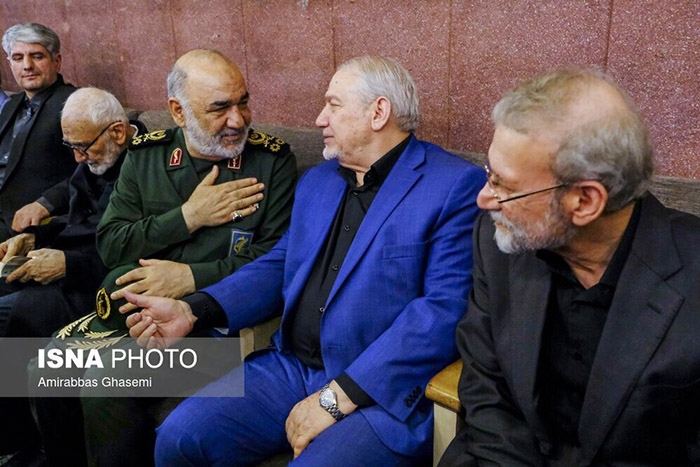In the complex and often opaque political landscape of Iran, the dynamics between the deep state and its civilian facade have long been a subject of intense scrutiny. With the election of Ebrahim Raisi, closely aligned with Supreme Leader Ali Khamenei, and the appointment of Hossein Amirabdollahian as Foreign Minister, these rivalries appear to be cooling down, heralding a period of closer cooperation and reduced friction. This article explores the implications of these developments, the strategic orientation of Iran under this new leadership, and the broader geopolitical consequences.The term “deep state” refers to a body within a government that operates independently of elected officials and often pursues its own agenda. In Iran, this concept is embodied by the Revolutionary Guards (IRGC) and other security and intelligence apparatuses that wield significant influence over the country’s policies and governance.
